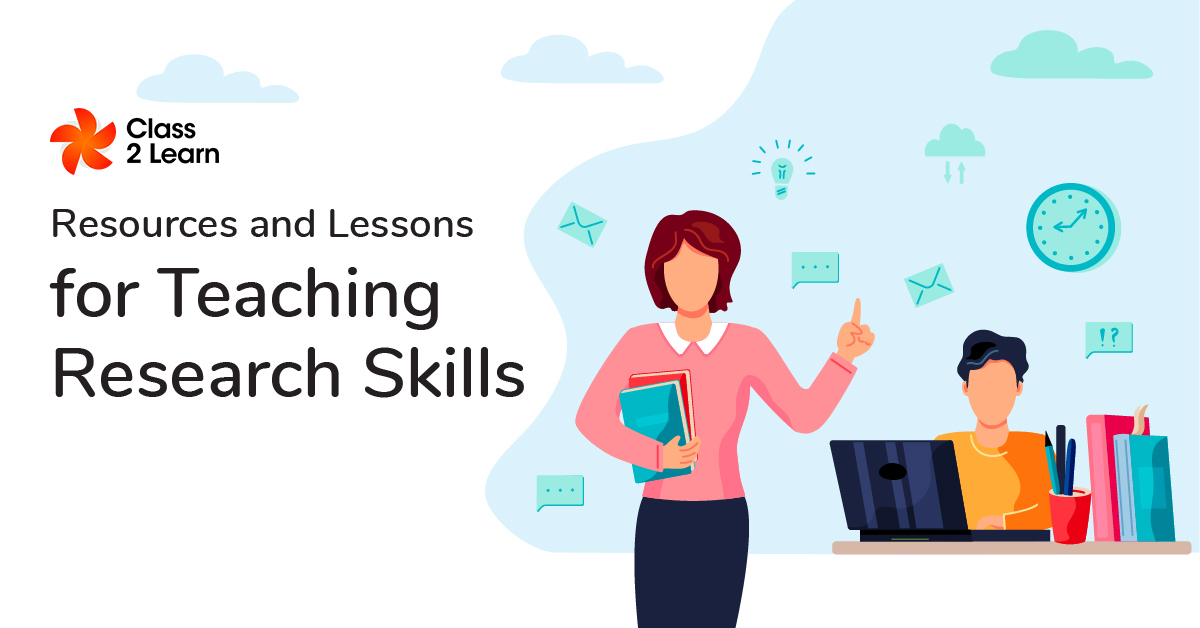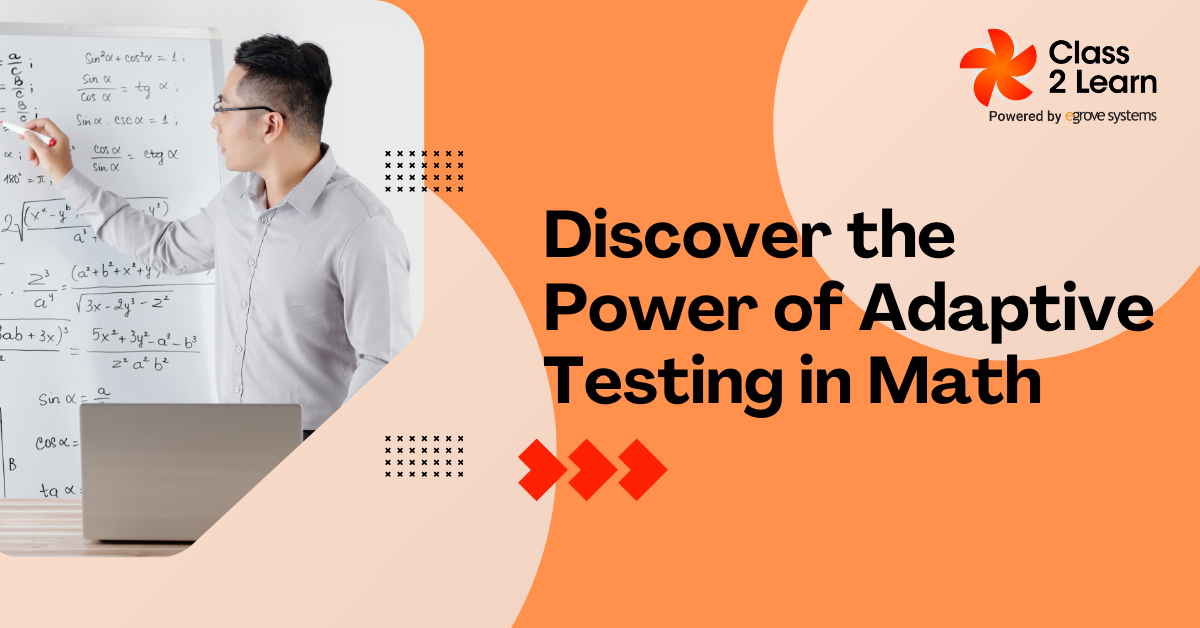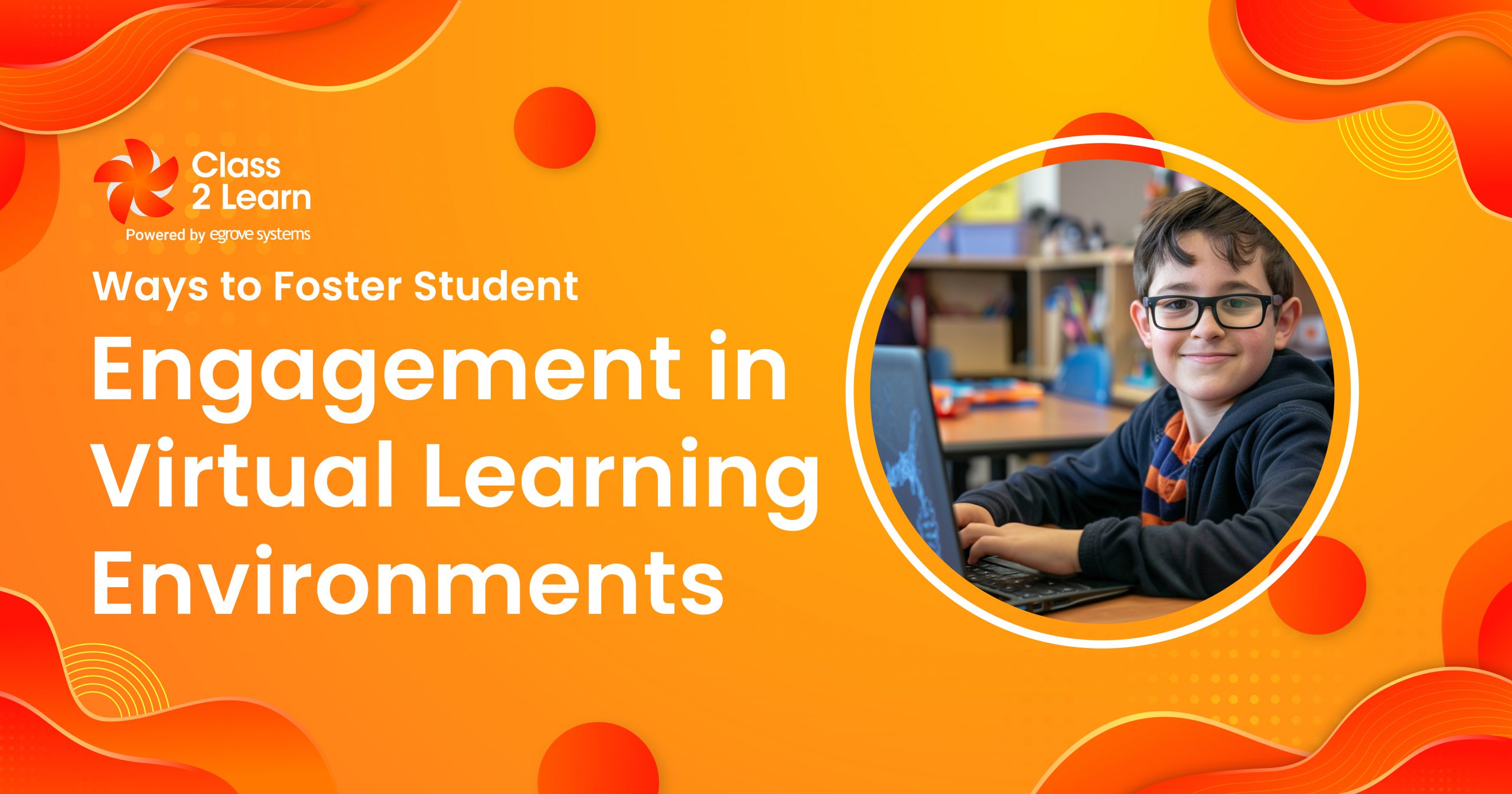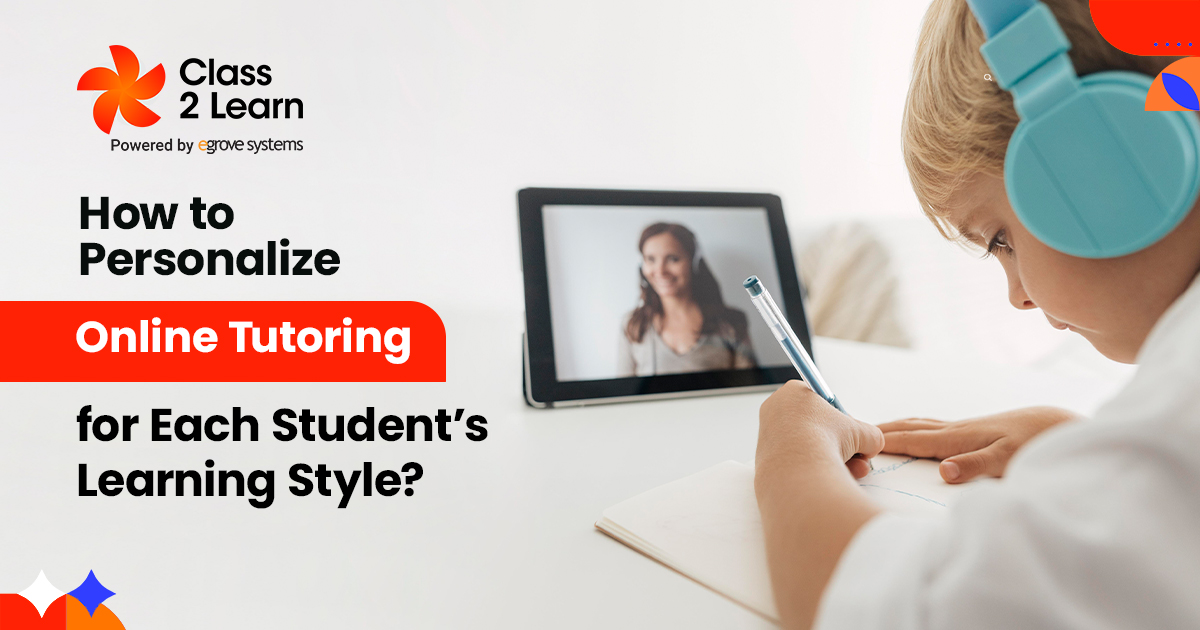Motivating students to research on their own helps young learners acquire important skills for critical thinking and information literacy. Students have more options for research than ever before, but they need to learn more than how to Google an answer.
Teaching research skills benefits students in different subjects from language arts to social studies. Research skills are now increasingly tied to technology skills, so classes need to prioritize introducing students to the most advanced and useful tech tools for research.
Kid-Safe Searches
If you want to introduce research tools to students at a young age, general-purpose search engines and databases may not be the best option.
Children who use search engines like Google may find inappropriate material, and even useful informative search results may be written at too high a research level to understand.
A child-safe search engine like Kiddle can be a great way to teach your kids to search. Kiddle has a filter that shows only age-appropriate results, ranking pages specifically written for kids to the top, and showing many pages hand-picked by Kiddle’s editors. Kidtopia is another option created for elementary school students by a school librarian using a custom Google search.
Kid-safe search engines such as Kiddle can be a good way to teach kids to learn how to search. Kiddle has a filter to only show age-appropriate results, ranks pages specifically written for kid’s highest, and shows many pages that are hand-picked by Kiddle editors. Kidtopia is another option, created by school librarians for elementary-age students with a custom Google search.
Teach Smarter Search Skills
Research lessons should include teaching students how to pick the right search terms and refine their results. Show students which words will be seen as important and distinctive in search requests, and how to use operators to limit searches to specific sites, topics, or date ranges. Focus on up-to-date and relevant search rules that keep up with the frequent changes to Google and other search engines: for instance, which operators Google accepts in search text and which don’t have any effect or could lead to the wrong results.
Resources for Choosing Topics
Students can make research projects harder on themselves if they don’t know how to choose a good topic. Teach students how to choose the topic and scope of their research with guides such as this one from Gannon University.
A strong research topic is one where the student can find a good amount of reliable sources and can make factual assertions supported by their sources. One that is too vague or has an obvious, unambiguous answer is not a good way of exploring a topic and challenging the student’s growing research skills.
Brainstorming tools like Coggle help students map out concepts into a topic. Many tools like Abcya can turn kids’ thoughts into artful and creative word clouds.
Introduce Reliable Reference Sites
Teach students that Google isn’t always the answer by showing them how to use databases and other sites. If a student is researching a topic, they should learn to get facts and statistics from reliable sources. For instance, Info Please is a source of facts about math, science, history, and primary sources that can be referenced by students easily. Work with school and public libraries to utilize databases that they already have a subscription to, such as EBSCO and Facts on File.
Focus on Evaluating Reliable Sources
Young children are ill-equipped to understand whether something they read online is trustworthy, so research lessons should introduce students to tools and critical thinking skills for evaluating sources. Checklists such as this one can show students to judge sources by timeliness, accuracy, and purpose, and consider whether the source is authoritative. Students should know how to find out when a page was last updated, who is in charge of the site, and whether the page cites its sources or attributes its information to governments, scholarly research, or primary sources.
Teach Students How to Cite Their Sources
Citing sources properly so students can show their teachers where they found their information is an important skill. Tools are available now to simplify the formal citation process of turning citation information into formats like MLA and ALA, such as EasyBib, BibMe, and Citation Machine. Lessons on citations can help students better understand how to document the source, author, and publication details of the information they find during research.





Add comment